Gender Equality and Green Entrepreneurship in Farms
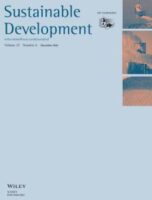
Imre Fertő – Štefan Bojnec Sustainable Development – First published: 1 January 2025 Abstract Gender dynamics in agricultural sustainability, particularly within the framework of Agri-Environmental-Climate-Schemes (AECS), play a critical role in advancing green entrepreneurship. This study explores gender-based differences in the adoption and intensity of AECS practices among Hungarian farms, emphasising the implications for gender equality in sustainable agricultural […]
Does Monetary Policy Stabilise Food Inflation in Hungary?

Imre Fertő – Tibor Bareith Agris on-line Papers in Economics and Informatics – Vol. 16. No. 4. 2024. p. 69-77 Abstract This study examines the relationship between monetary policy and food price inflation in Hungary from January 2007 to December 2023 using the Nonlinear Autoregressive Distributed Lag (NARDL) model. Our analysis reveals that although the […]
The Effect of Goat Grazing on the Biodiversity of Pannonian Dry Grassland
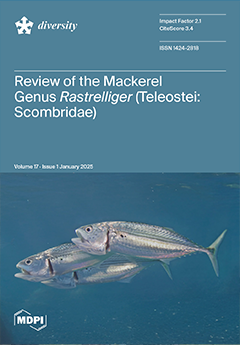
Karoly Penksza – Ferenc Pajor – Andrea Kevi – Zsombor Wagenhoffer – Laszló Sipos – Eszter Salata-Falusi – Peter Penksza – Peter Poti – Jozsef Berke – Denes Salata – Marta Bajnok – Szilard Szentes Diversity (BASEL) Vol. 17. No. 1. Paper: 13. (2025) Abstract In this study, we analyzed the phytosociological data from four […]
The role of capital income in the Hungarian income distribution from 2007 to 2021
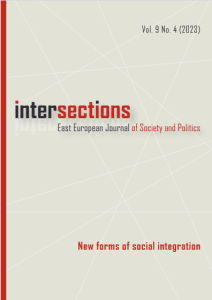
Judit Krekó – Csaba G. Tóth Intersections : East European Journal of Society and Politics, Vol. 10. No. 3. pp. 199-200. (2024) Abstract Capital income represents a significant and growing share of total income at the aggregate level in most countries. However, the link between capital income and overall income inequality is not clear, as it […]
Volatile Profile of Bee Pollens: Optimization of Sampling Conditions for Aroma Analysis, Identification of Potential Floral Markers, and Establishment of the Flavor Wheel
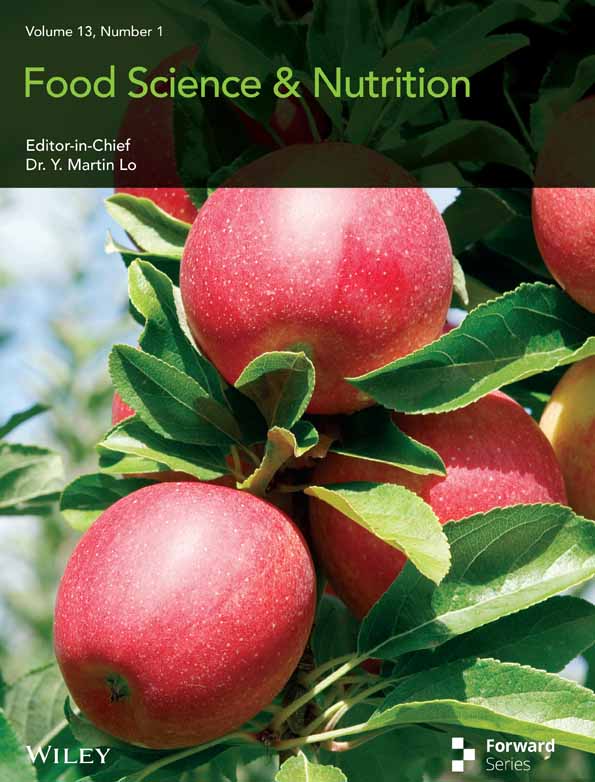
Mariann Csóka – Rita Végh – László Sipos Food Science and Nutrition, Vol. 13. No. 1. Paper: e4707 (2025) Abstract The volatile profile of bee pollen samples from Central and Eastern Europe was investigated by headspace solid phase microextraction (HS-SPME) combined with gas chromatography–mass spectrometry-olfactometry (GC–MS-O). Sampling conditions were optimized for the extraction of volatiles. Pollen odorants […]
How sticky is the per capita income?
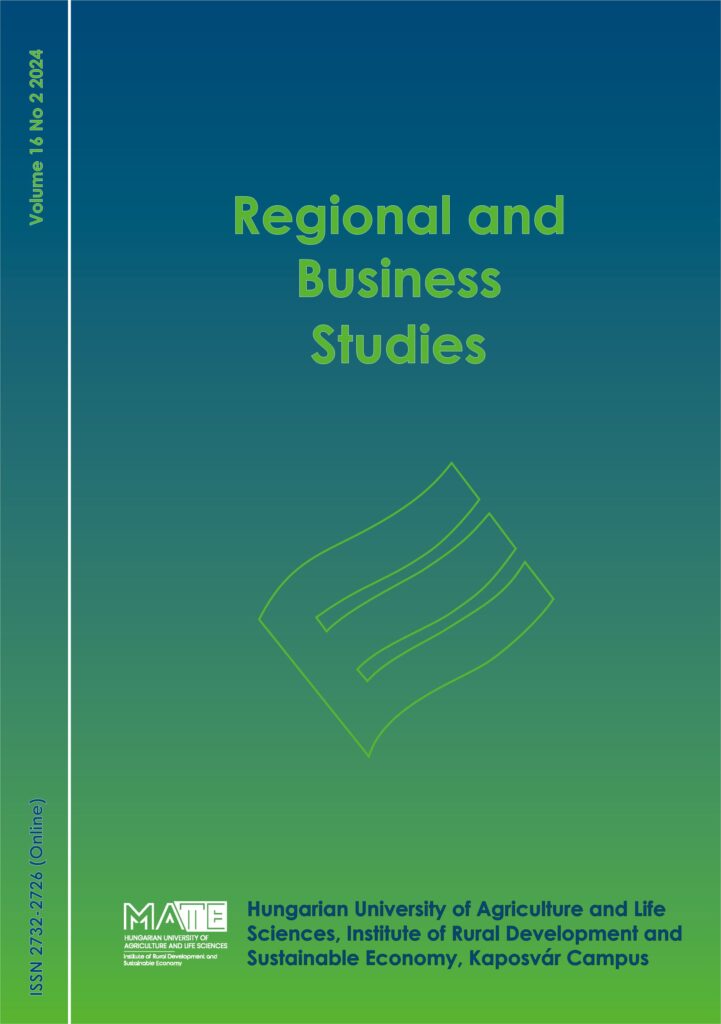
Adrián Csizmadia – Tibor Bareith Regional and Business Studies, Vol. 16. No. 2. 2024. p. 5-19. Abstract In our settlement-level study using the Markov chain method and dynamic regression panel models, we found that in the period 2011-2021, income in the previous year strongly affects income status, i.e., income shows high persistence. Despite the steady increase […]
Lengyel Balázs – Tóth Gergő – Nicholas A. Christakis – Bíró Anikó tanulmánya a Science Advances folyóiratban
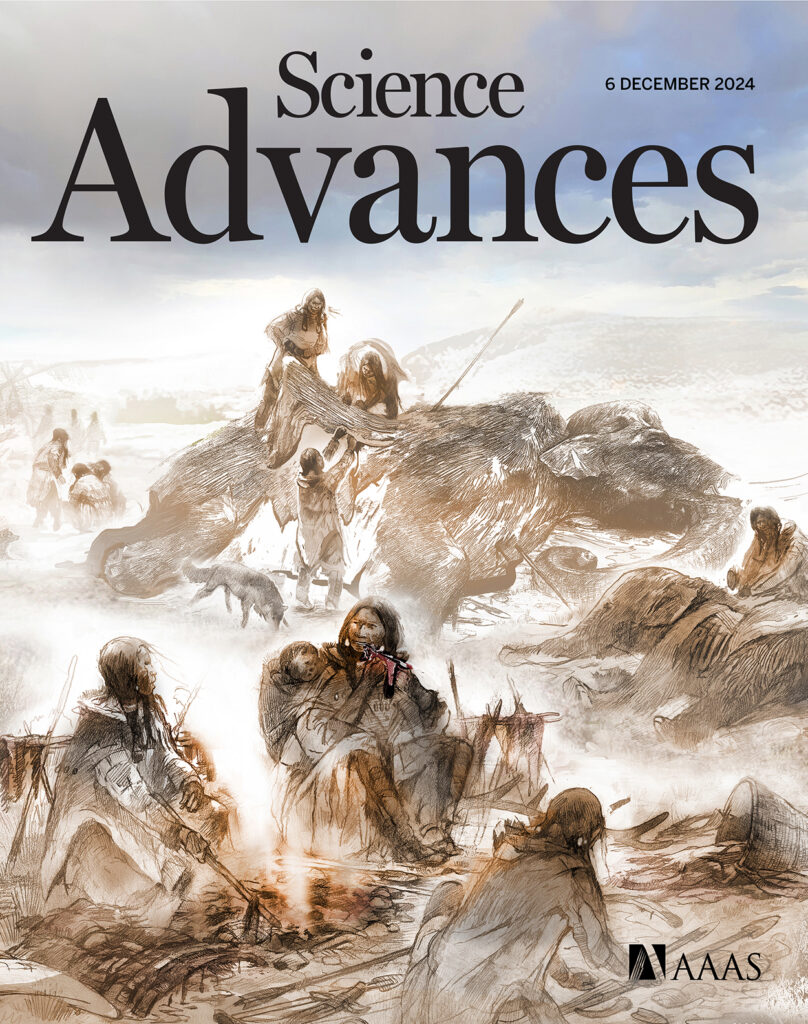
Antidepressant use in spatial social networks Balázs Lengyel – Gergő Tóth – Nicholas A. Christakis – Anikó Bíró Science Advances Vol. 10. No. 49. (6 Dec 2024) Abstract Social networks may help individuals maintain their mental health. Most empirical work based on small-scale surveys finds that cohesive social networks are critical for mental well-being, while […]
In Utero Shocks and Health at Birth: The Distorting Effect of Fetal Losses
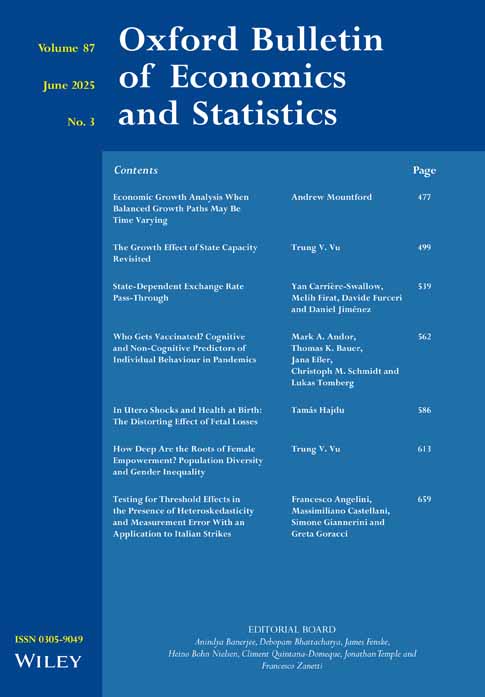
Tamás Hajdu Oxford Bulletin of Economics and Statistics, Vol. 87. No. 3. pp. 586-612. (2025) Abstract Research on the effect of in utero shocks on health at birth may be influenced by in utero selection. This study outlines a conceptual framework and shows that the results of the standard empirical approach are biased if (i) […]
Podruzsik Szilárd és Fertő Imre cikke megjelent az Open Agriculture folyóiratban
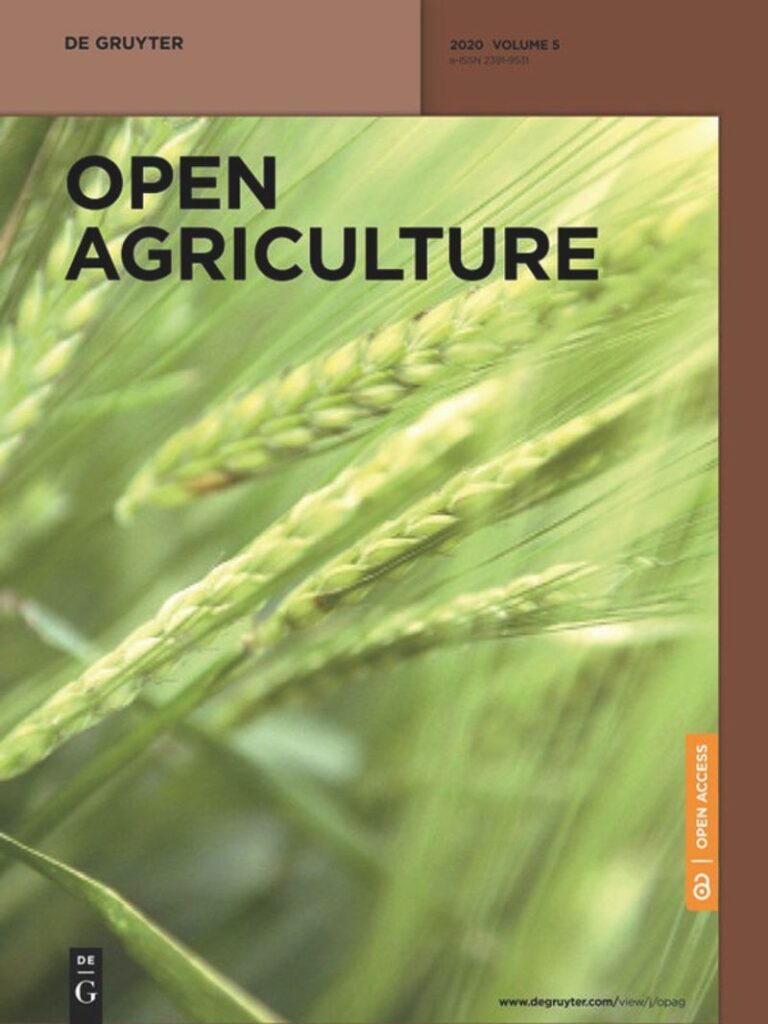
Motivations for farmers’ participation in agri-environmental scheme in the EU, literature review Szilárd Podruzsik and Imre Fertő Open Agriculture Vol. 9. No. 1. Abstract Agri-environmental schemes (AESs) play a pivotal role in aligning agricultural practices with environmental objectives, promoting sustainable land management, and conserving biodiversity. This article presents a comprehensive synthesis of recent advancements in AES research […]
Benedek Zsófia és Fertő Imre cikke a Heliyon folyóiratban

What makes a devoted local-food-buying club customer? Zsófia Benedek – Imre Fertő Heliyon Volume 10, Issue 23, December 15, 2024 Abstract Local food-buying clubs (LFBCs) are special types of consumer-driven grassroots groups that are particularly well suited to enhancing the transition to a post-growth economy, given the finite growth potential of individual communities, the tendency of groups to […]
Gáspár Attila és szerzőtársai cikke a The Journal of Economic Inequality szakfolyóiratban
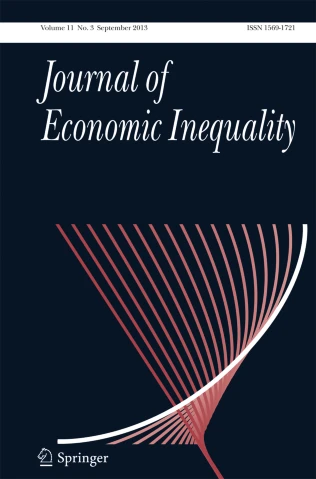
Inequality perception and preferences globally and locally – correlational evidence from a large-scale cross-country survey Attila Gáspár – Carmen Cervone – Federica Durante – Anne Maass – Caterina Suitner – Roberta Rosa Valtorta & Michela Vezzoli The Journal of Economic Inequality – Published: 17 October 2024 Abstract Using a large, representative survey involving […]
R. Maria del Rio-Chanona – Nadzeya Laurentsyeva – Johannes Wachs cikke a PNAS Nexus folyóiratban (2024)
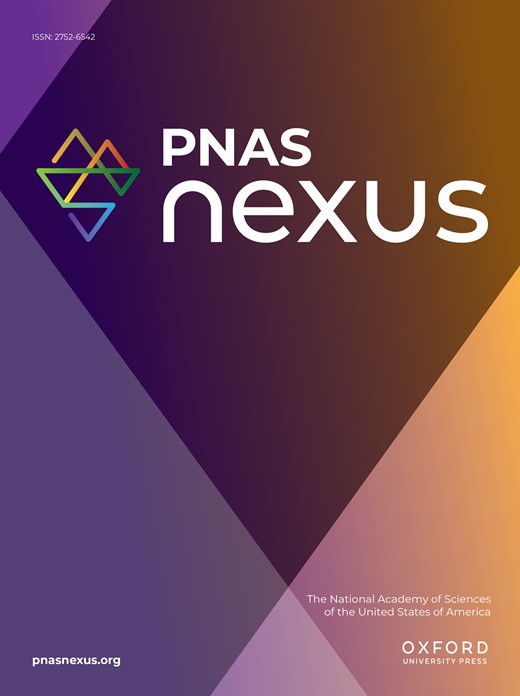
Large language models reduce public knowledge sharing on online Q&A platforms R. Maria del Rio-Chanona – Nadzeya Laurentsyeva – Johannes Wachs PNAS Nexus Volume 3. No. 9. 2024 Published: 11 September 2024 Abstract Large language models (LLMs) are a potential substitute for human-generated data and knowledge resources. This substitution, however, can present a significant problem for the training […]





